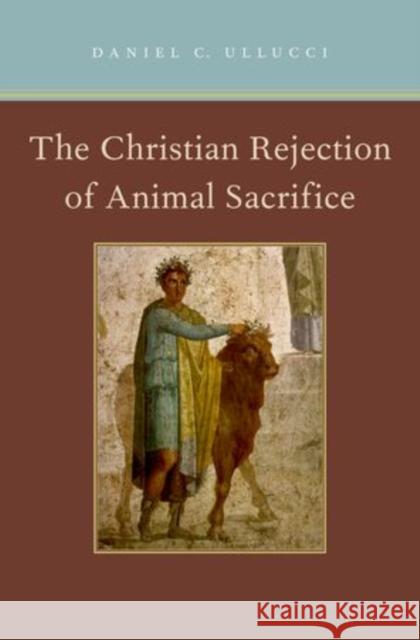Christian Rejection of Animal Sacrifice » książka
topmenu
Christian Rejection of Animal Sacrifice
ISBN-13: 9780199791705 / Angielski / Twarda / 2011 / 240 str.
Sacrifice dominated the religious landscape of the ancient Mediterranean world for millennia, but its role and meaning changed dramatically in the fourth and fifth centuries with the rise of Christianity. Daniel Ullucci offers a new explanation of this remarkable transformation, in the process demonstrating the complexity of the concept of sacrifice in Roman, Greek, and Jewish religion.
The Christian Rejection of Animal Sacrifice challenges the predominant scholarly model, which posits a connection between so-called critiques of sacrifice in non-Christian Greek, Latin, and Hebrew texts and the Christian rejection of animal sacrifice. According to this model, pre-Christian authors attacked the propriety of animal sacrifice as a religious practice, and Christians responded by replacing animal sacrifice with a pure, ''spiritual'' 'worship. This historical construction influences prevailing views of animal sacrifice even today, casting it as barbaric, backward, and primitive despite the fact that it is still practiced in such contemporary religions as Islam and Santeria. Rather than interpret the entire history of animal sacrifice through the lens of the Christian master narrative, Ullucci shows that the ancient texts must be seen not simply as critiques but as part of an ongoing competition between elite cultural producers to define the meaning and purpose of sacrifice. He reveals that Christian authors were not merely purveyors of pure spiritual religion, but a cultural elite vying for legitimacy and influence in societies that long predated them. The Christian Rejection of Animal Sacrifice is a crucial reinterpretation of the history of one of humanity's oldest and most fascinating rituals.










